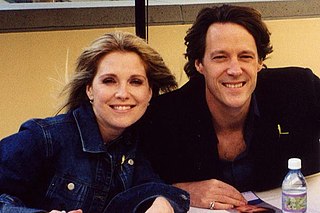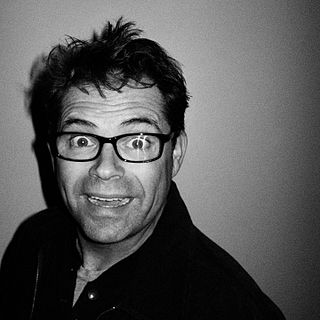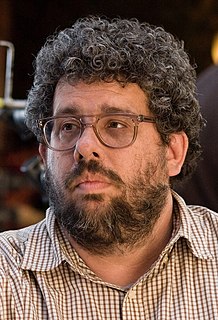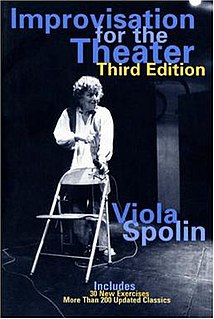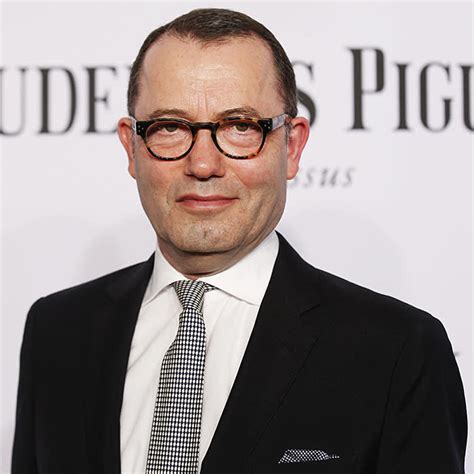A Quote by Neil Burger
When I was younger, I wanted to own a circus and create this bizarre revue that went from town to town. And, I was interested in set design and doing theater. And then, I was painting for a while. It was all circling around creating an intense experience for an audience of one, or an audience of many.
Related Quotes
At a certain point, I got interested in set design for the theater. I was interested in architecture, but I was taking photographs at the same time, and architecture, though it had the design element, it didn't have the narrative, emotional element that I was looking to do. I ended up painting for a while. I was dancing around it, and I realized that all these different interests came together in filmmaking.
I think when you're younger, as an actor you have much more of a notion that you are doing something to the audience. But with experience, I think you begin to worry less about what the audience's experience is and concentrate on working with the other actors, and that tends to let the audience do more work.
What interested me in film was the image-making aspect of it. So, I went to school in cinematography. I was really convinced that image was what I wanted to do, and I think it came from the fact that I lived in a small town my whole life, but my mother was very interested in painting, so she would bring us to Paris for two weeks. So, we're going to the Louvre and to the museums and to see shows. In the evening we were seeing theater. Painting is basically what led me. I think the image was key.
My vision of punk rock was these dudes who were spitting on the audience and moshing. That's why I kind of left that scene. Then I see all these people around my same age or between 17 and 25 that were making music themselves in their own town. They weren't just singing, but creating. I see them putting out this music where there are tons of women involved in the scene and involved in the bands.
I'm not a huge fan of 3-D, though. Honestly, I think that movies are an immersive experience and an audience experience. There's nothing like seeing a film with 500 people in a theater. And there's something about putting on 3-D glasses that makes it a very singular experience for me. Suddenly I'm not connected to the audience anymore.





